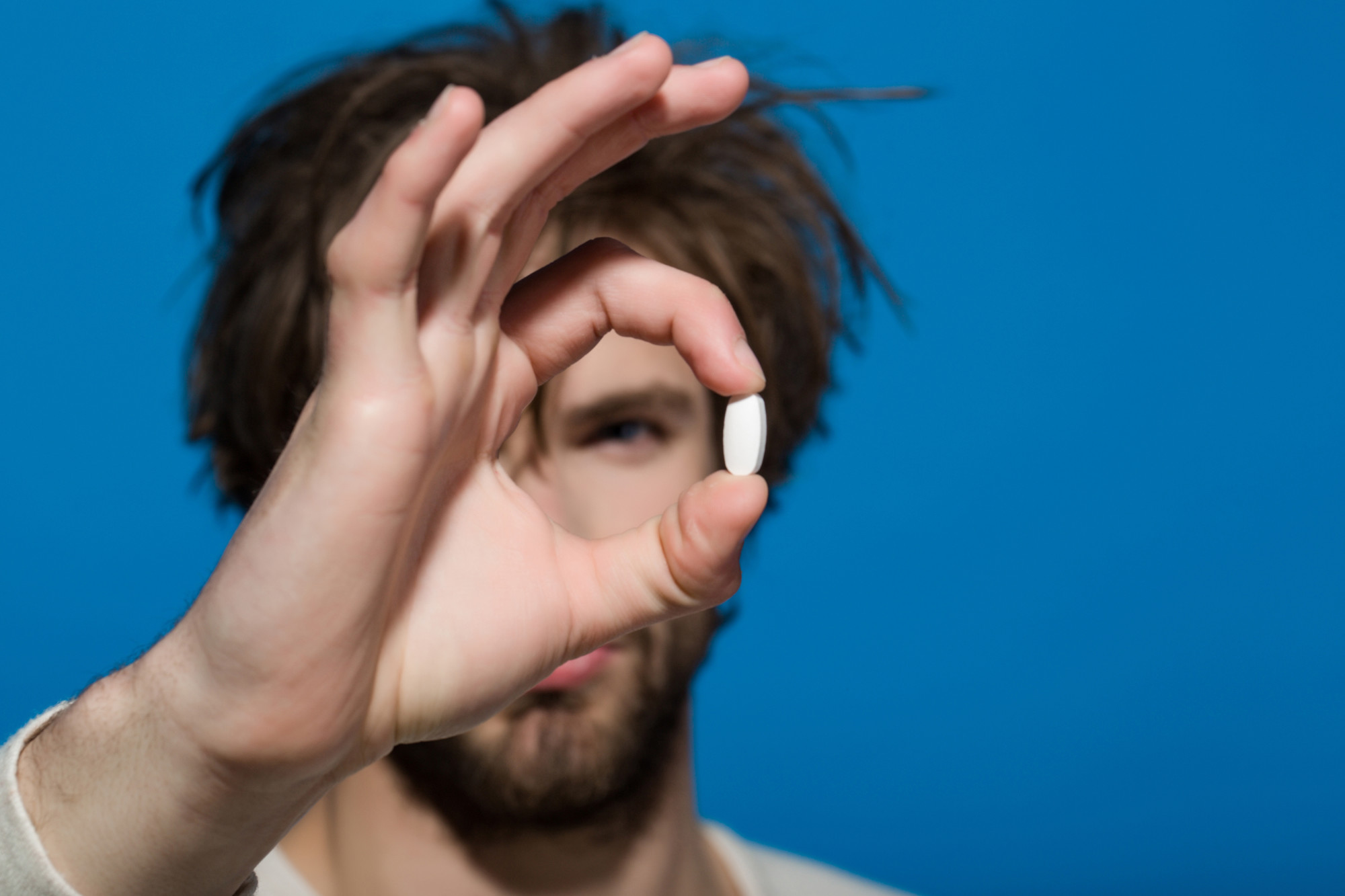What Is an SSRI?
SSRI stands for "selective serotonin reuptake inhibitor". SSRI's are prescribed as antidepressants. However, they can also treat other types of mental health issues and disabilities. Serotonin is a vital chemical and neurotransmitter in our brain. This chemical helps us to maintain a healthy mood, appetite, and digestion. It also helps regulate our sleeping habits, memory, and sexual desire. What an SSRI does is block the reabsorption of serotonin into neurons. Serotonin is a neurotransmitter, and SSRIs maintain that role of serotonin before it is reabsorbed. This keeps serotonin in our brain longer, causing our brain to produce more of it. Then, once we have more serotonin, our brain's signaling system works better and helps us maintain a positive mood.How Long Does It Take for Zoloft to Work?
When a person first takes an SSRI, their serotonin levels increase in only a few hours. But when we ask, "How long until Zoloft is working?" what we're really asking is, "How long until we feel Zoloft working?" Despite the fast jump in serotonin levels, the increase in mood isn't felt right away. Instead, it takes weeks for us to notice a difference. The chemicals in our brain change almost immediately, but our bodies need time to adjust. Our bodies can't let us know there's a difference until a few things happen inside our brains for us to be able to feel it. To understand why that's the case, we have to answer a few other questions.What Is Zoloft?
Zoloft is a brand-name SSRI whose generic name is sertraline. The development of Zoloft began many years ago, in the 1970s. By 1991, Zoloft became approved by the FDA for the treatment of Major Depressive Disorder (MDD) in adults. In 2002, it was also approved by the FDA to treat people under 18. Zoloft increases serotonin levels in the brain by doing two things:- Blocking serotonin from being re-absorbed away from its site of action
- Triggering an increase in the production of receptors that respond to serotonin in the brain
How Does Zoloft Work?
One of the first ways sertraline takes effect is through halting physical symptoms. Here are some of the first changes a person might feel when they take Zoloft:- Improved sleep patterns
- Positive change in energy levels
- Improved appetite
What Is Zoloft Used For?
Healthcare providers prescribe Zoloft to treat several different things:- Posttraumatic Stress Disorder (PTSD)
- Panic Disorder
- Social Anxiety Disorder (SAD)
- Premenstrual Dysphoric Disorder (PMDD)
- Obsessive-Compulsive Disorder (OCD)
- Major Depressive Disorder (MDD)
Common Symptoms of Depression (MDD):
Due to the fact that many people experience depression, there are also many symptoms associated with depression. Here are the most common:- Depleted mood, including feeling sad, empty, or over-emotional
- Feelings of worthlessness, guilt, hopelessness, and helplessness
- Loss of interest in things previously liked or loss of pleasure in normal activities
- Dramatic changes in sleep quantity and quality
- Dramatic changes in eating habits (loss of appetite, or over-eating)
- Low or depleted energy
- Difficulty concentrating
- Thoughts of death or suicide
- Feeling like you are moving or thinking in slow motion
- Suicidal thoughts or behaviors






